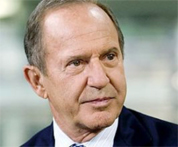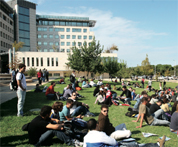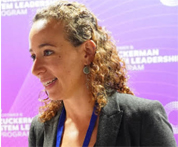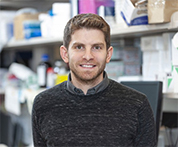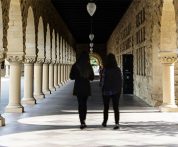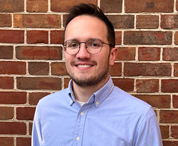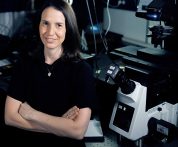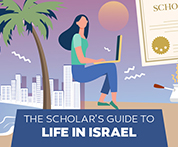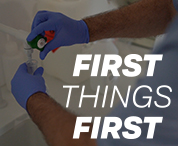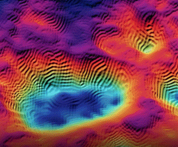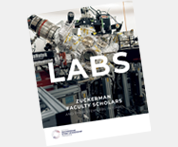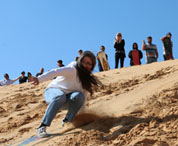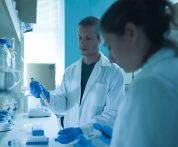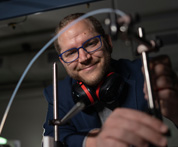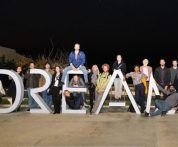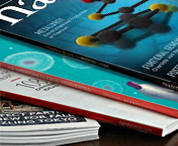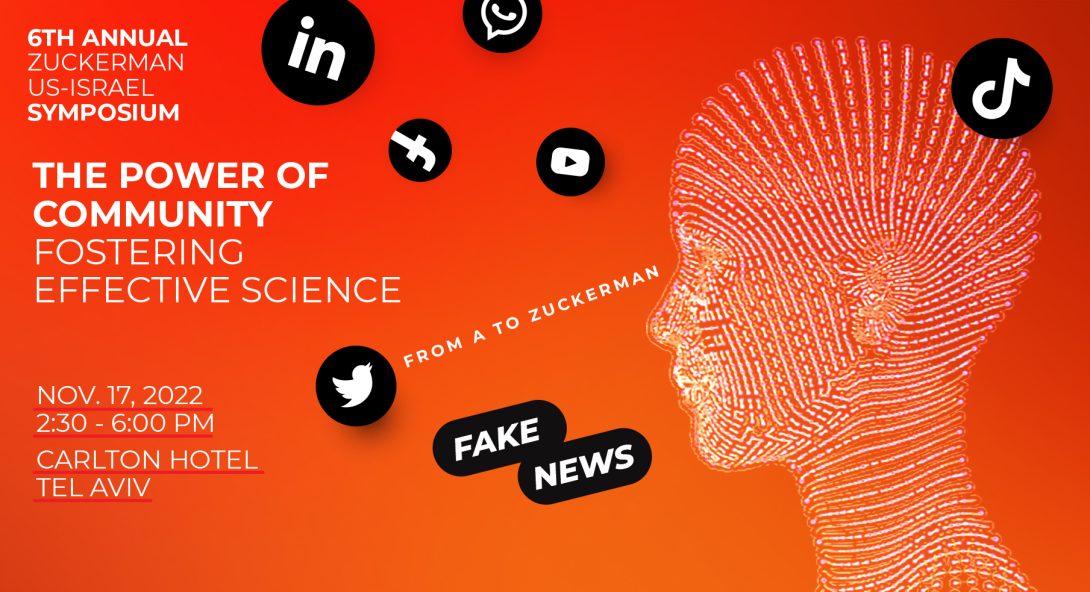Meital Salmor
Founder and Director
SciComm Skills
Meital Salmor is the Founder and Director of SciComm Skills, the first Israeli initiative that helps researchers, industry leaders and students elevate their science communication (SciComm) skills and present their research effectively and engagingly to diverse audiences around the world.
As a science communication practitioner, Meital trains science experts to dismantle complicated scientific messages, minimize the use of jargon and technical terms, and improve their presentation skills. She gives experts the practical skills they need both for explaining science to the general public and for appearing before grant panel interviews. This past year, scientists she trained were awarded a total of seven million euros by the distinguished European Research Council.
Meital started introducing science communication methods to graduate students and young researchers during her time at Weizmann Institute of Science, where she worked for over a decade in different roles in the Resource Development Department. In her last position there, she was in charge of International Programs and Donor Stewardship, and she established "Scientists of Tomorrow," delegations of students who give scientific talks to non-scientific audiences around the world. Meital is a member of SCTN (SciComm Trainers Network), a U.S.-based network of science communication practitioners. SCTN brings together SciComm practitioners from leading organizations and universities including MIT, Duke, Brown, Princeton, Michigan, Washington, Utah, and Harvard.
 ISRAELI COUNCIL FOR HIGHER EDUCATION
ISRAELI COUNCIL FOR HIGHER EDUCATION MIT-Israel Zuckerman STEM Fund for Faculty Collaboration
MIT-Israel Zuckerman STEM Fund for Faculty Collaboration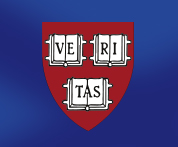 The Zuckerman Travel and Research STEM Fund at Harvard
The Zuckerman Travel and Research STEM Fund at Harvard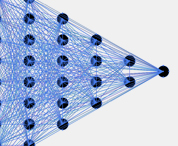 Zuckerman AI Fund at Technion
Zuckerman AI Fund at Technion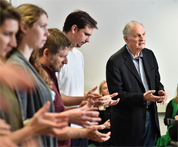 Alan Alda Communicating Science
Alan Alda Communicating Science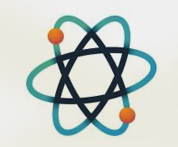 Zuckerman Institute – ScienceAbroad
Zuckerman Institute – ScienceAbroad Zuckerman Institute – America-Israel Friendship League partnership
Zuckerman Institute – America-Israel Friendship League partnership

